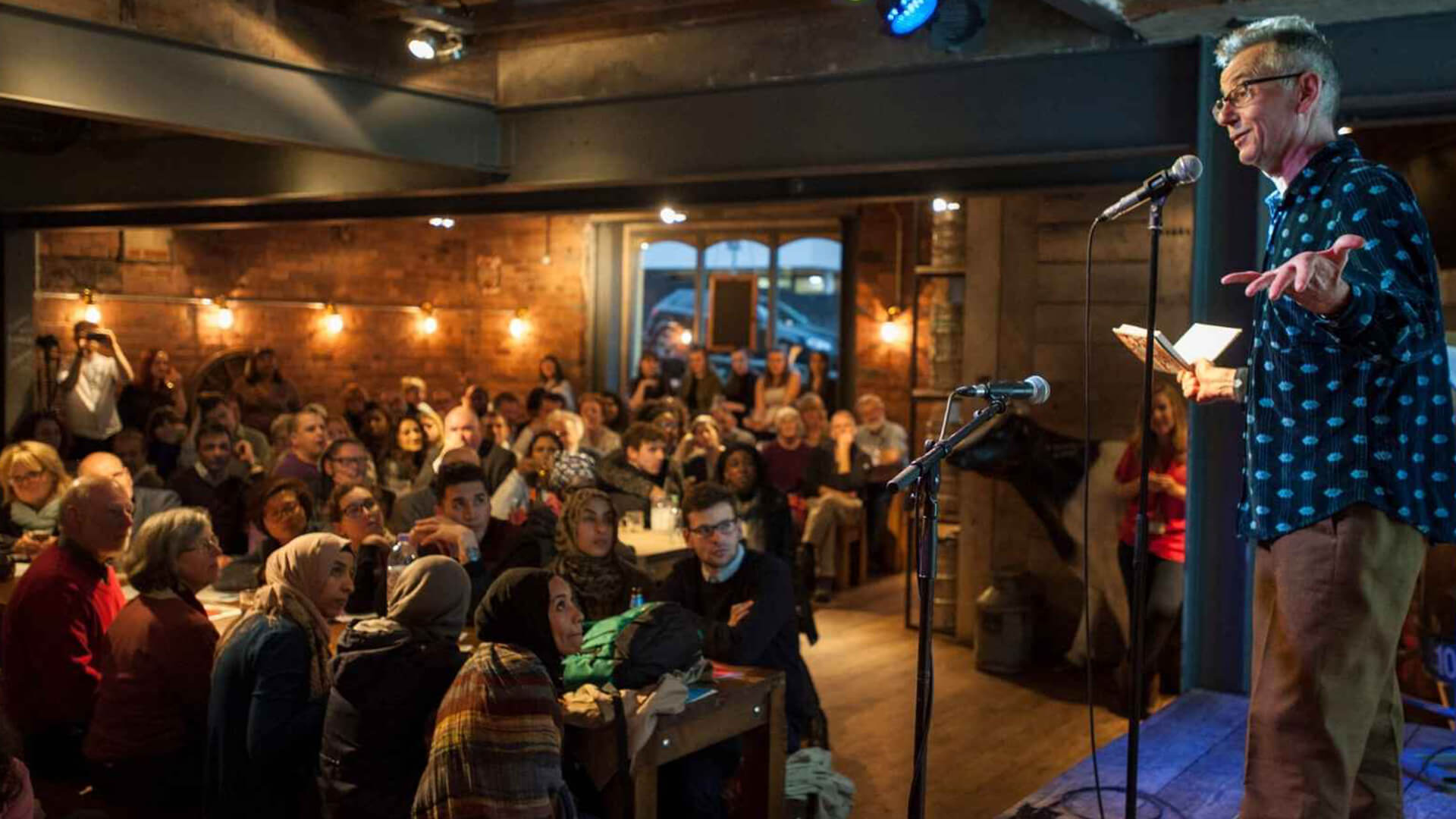You are viewing your 1 free article this month. Login to read more articles.
The ACE card
Arts Council England’s collaborative efforts and new National Portfolio of Organisations mark a major step forward for literature.
Last week, as The Bookseller reported, Arts Council England (ACE) announced its new National Portfolio of Organisations (NPO). A place within the Portfolio guarantees an organisation core funding—covering business costs such as salaries and overheads rather than specific projects—for the duration of the funding period. The next Portfolio will run from April 2023 to March 2026; during this time, ACE will spend £446m a year supporting 990 NPOs. As you can imagine, for those who secure funding, it’s a big deal.
Pick up a copy of The Stage, Arts Professional or any of the trade publications of the wider cultural sector, and you’ll find wall-to-wall coverage of the NPO decisions. But for the vast majority of literature professionals, the news is likely to have been of incidental interest only. Where, in performing and visual arts, the membrane between the publicly funded and commercial sectors is porous, and projects, practitioners and profits flow back and forth, in literature, commercial and subsidised organisations have traditionally occupied separate arenas and played different roles. As a result, many organisations within our sector—and particularly those at the commercial end—continue to have little sense of ACE’s place in the literary ecology.
In my job as director of literature, I have thought hard about how we might change that. Since the start of the 21st century (indeed, since the late 1990s, with the fall of the Net Book Agreement and the rise of Amazon), the literary sector has evolved at a rate of knots. Over the past few years, and especially in the wake of the Covid pandemic, when many books organisations had their first encounter with ACE via the government’s Culture Recovery Fund, it has become clear that ACE has a more significant role to play in supporting and developing literature, in what has become an increasingly challenging environment. After talking to colleagues across the sector—from publishers to booksellers, writers to librarians—it seemed to me that ACE could and should seek to foster the sort of back-and-forth between the commercial and publicly funded sectors that we see in other artforms: to strengthen and benefit both, and to deliver on the central aim that we all have in common: putting more books into the hands of more readers in every part of the country.
We have been working on building this closer, more collaborative relationship for several years now, and I believe that this new National Portfolio marks a major step forward. Currently, only 48 NPOs are classified as “literature”, and between them they receive £7.6m annually—just 1.8% of the total funding pot. From April, we’re investing in 59 organisations, at an annual figure of £15.6m—an increase of 105%. A significant chunk of this additional investment is going to a single organisation, BookTrust, which we are delighted to be funding to deliver its exemplary book gifting programmes, but even without it, Literature has received a cash increase of 30%. What’s more, the additional spending has been firmly focused on a set of key areas which we have identified as important for the health of the whole sector.
Facilitating change
We have strengthened our support for independent publishers, who do so much to bring new, diverse authors to the market: joiners include Dead Ink Books in Liverpool, Paper Republic in Chelmsford and, in London, Jacaranda—one of the most significant Black-led publishers in the country. In fact, we are supporting a step-change in diversity across the board, both in terms of funding Black, Asian and ethnically diverse-led organisations, and in terms of geography. It’s no secret that England’s literature sector has traditionally been hyper-focused in the capital; in this investment round, we’re supporting a wider move (led by publishers such as Hachette) to change that. We are making a suite of landscape-changing investments in the North, which will transform opportunities in the region, opening up activity and career options beyond London. As well as a raft of investments in the region’s brilliant publishing sector, we have also invested further in New Writing North to support its exciting ambitions in Newcastle, and uplifted the funding of Bradford Literature Festival, to enable it to spearhead the activity in the city in the run-up to Bradford’s 2025 City of Culture spot.
Finally, and perhaps most crucially, we have deepened our commitment to our core priority: reading for pleasure. As well as our funding for BookTrust, renewed support for The Reader in Liverpool and The Reading Agency, and the introduction of new organisations with a reading focus, such as the Centre for Literacy in Primary Education, from April 2023, ACE will be investing in 18 libraries and library organisations around the country. Libraries are the engine rooms of reader development, and in supporting them, we are supporting people everywhere, from every background, to begin a relationship with books and reading that will enrich their lives.
In all of the choices we made, we considered how our investment can strengthen and develop the books sector in this country as a whole. I believe the future of literature depends on all of us identifying our common goals and shared ambitions and working together to realise them. With this Portfolio, ACE is committing to doing just that.




















